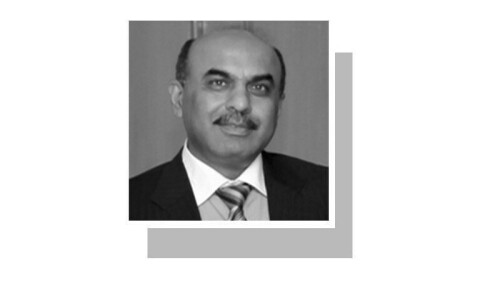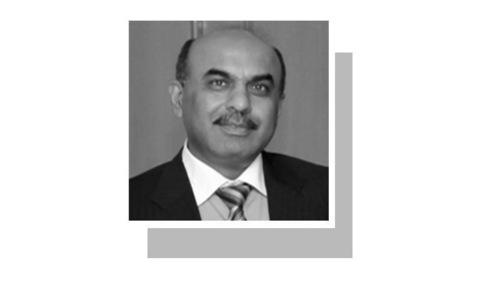ISLAMABAD: Increasing Federal Excise Duty (FED) on tobacco products has helped stabilise the economy. The decision may put the government in the bad books of tobacco manufacturers but it will produce dividends for the economy and public health infrastructure.
These views were shared by health activists in an event organised by Society for the Protection of the Rights of the Child (Sparc) and Sustainable Development Organisation (SDO).
According to activists, if the government remains steadfast on its February 2023 decision of increasing FED on cigarettes, it can generate Rs364 billion in fiscal year 2023-24.
Sparc Programme Manager Khalil Ahmed Dogar said it was heartening to see that the government cared about the lives of citizens and was not afraid to take bold steps.
Former technical head, Tobacco Control Cell (Ministry of Health) Dr Ziauddin Islam said: “On an average, Pakistani smokers spend 10pc of their average monthly income on cigarettes. Due to cheap and easy affordability, nearly 1,200 children begin smoking every day in the country.”
Communication and programme coordinator, Campaign for Tobacco-Free Kids (CTFK) Sophia Mansoori said tobacco-induced disease caused an annual economic burden of Rs615 billion which was 1.6pc of Pakistan’s gross domestic product (GDP).
“An industry which is causing such severe damage to people’s health and finances should not use the victim card that it is being ‘burdened’ by taxes,” she said.
SDO Executive Director Syed Kausar Abbas said that given the financially turbulent times, the government could not have made a better decision than doubling FED on cigarettes.
Published in Dawn, June 22nd, 2023











































Dear visitor, the comments section is undergoing an overhaul and will return soon.